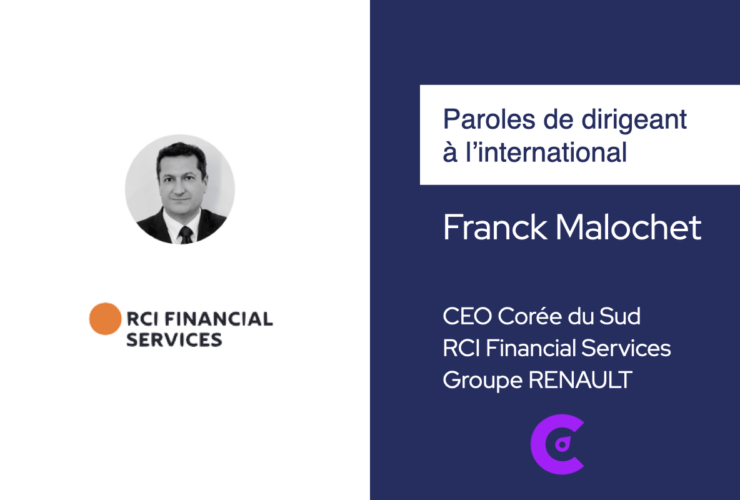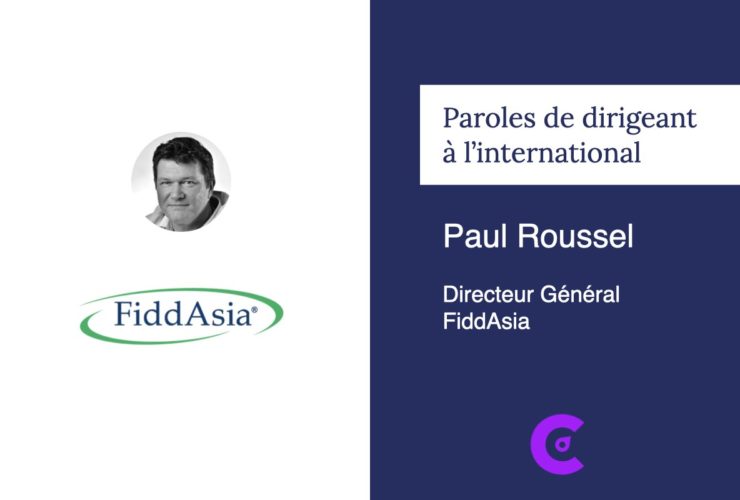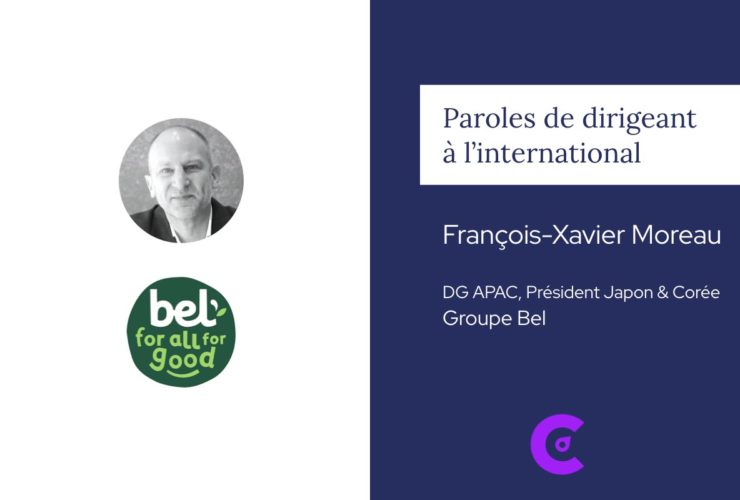Words from an international leader
Keys to international business success
Laurence Font, COO, Legal representative, BNP Paribas CIB Mexico
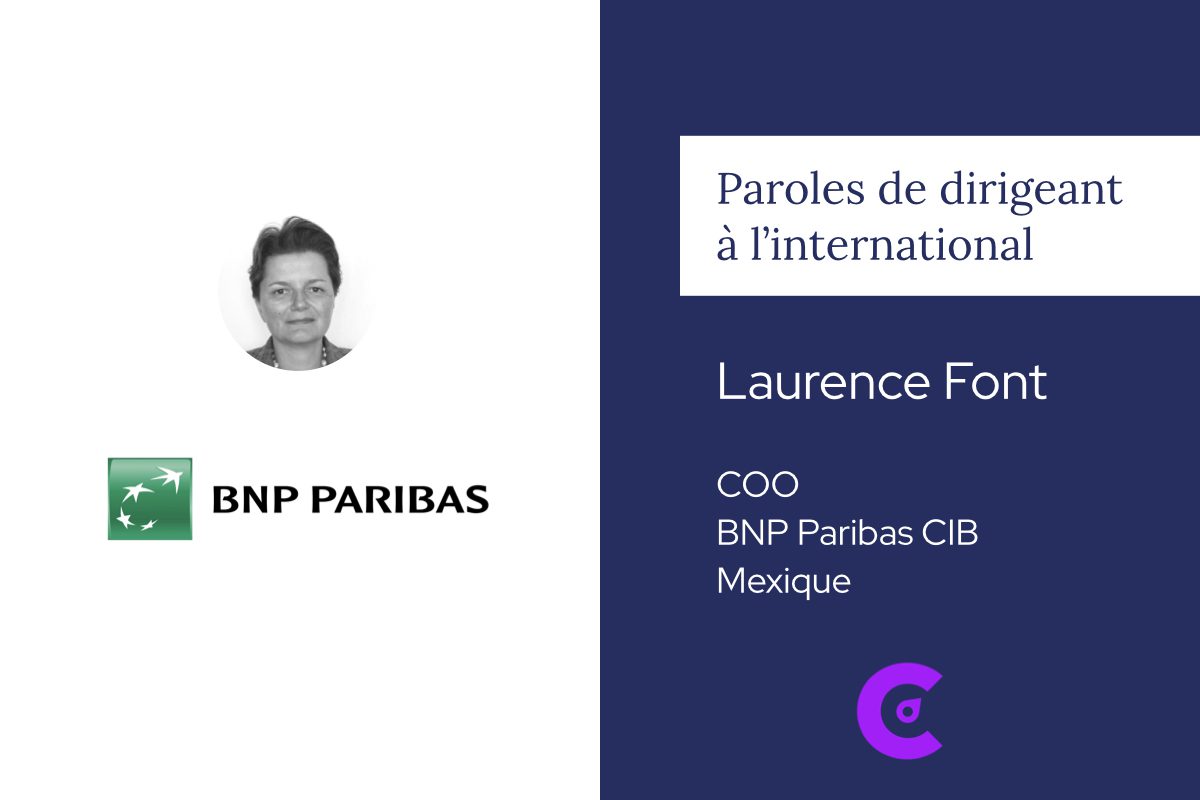
« The better we know each other, the less we want to go to war »
From his studies, Laurence Font began his life internationally. Then she continued to hold positions of responsibility in different countries around the world. Today, she is Chief Operating Officer at BNP Paribas CIB Mexico. She tells us what each step of her journey abroad has taught her.
Some facts
1992 : Banque Française du Commerce Extérieur – UNITED STATES
1996 : Commerzbank — Senior Programmer Analyst – France
2000 : UniCredit – Head of System Integration Department — Italy
2005 : Barclays Capital – Head of Asia Pacific FO Support — Singapore
2012 : Banorte (2nd Bank of Mexico) – Managing Director – Head of CIB IT
2018 : BNP Paribas CIB – COO — Mexico

Open dialogue followed by Executive Coaching session
according to the CO-CREATiVE Communication® method
I met Laurence thanks to Jean-François Levy, Cadran coach based in Mexico. I immediately felt in Laurence a great “humanist”, deeply attached to the relational dimension of professional interactions, and full of generosity in sharing her multi-expatriate experience.
« United States: a very business orientation and exemplary management »
Laurence, what did your expatriation in the United States bring you?
When I was a student, I did my last year of engineering school and an internship in Germany, within the program, then nascent, Erasmus, which marked, for me, the beginning of a professional adventure. internationally rich in life and business lessons. I lived in a residence with students from many countries around the world (India, China, Cameroon, etc.). I found it great to be able to be around a table made up of different nationalities where everyone contributes to finding solutions. This allowed me to understand that we could interact and exchange between individuals even when everyone has a different history and culture.
When I then went to the United States to work there, I mainly learned the business approach to the technical and IT aspects. This is where I understood that IT was a very creative discipline that had to be at the service of users and customers. My expatriation in the United States trained me to not simply receive a request and process it, but also to become a partner of the client, to advise him and to propose solutions. To be able to do this, it was essential to acquire a detailed knowledge of the business. Even today, I consider this learning to be one of my main added values in my role.
In the United States, I also discovered incredible management with a project methodology and very organized and ultra-committed test teams. This allowed me to understand the importance of communication and management to motivate individuals and create team dynamics. I have seen the power of good communication: tasks and responsibilities are well defined; everyone knows what they have to do, where their responsibilities begin and where they end. Moreover, in the United States, I felt judged as a person and not as a woman. It’s very nice. I saw the importance of all jobs being recognized so that everyone feels motivated to contribute. Finally, in the United States, I understood that it is the balance between very clear communication on expectations and valuing everyone that creates a real team dynamic.
« France: motivation pays off »
Why do you decide to come back to France?
When I realize that the United States is stealing all the brains of the world, I decide to leave the country. Since I had studied engineering in France, lived in Germany for a year, and spent some time in England, I felt indebted to Europe.
Thanks to my stay in the United States, I return to France with a command of English, an open mind and knowledge of recent technologies, which very few engineers on the national market have. I have a multitasking profile that appeals to the General Manager of Commerzbank in Paris, who feels motivated enough to learn the business while paying me a salary at American standards far removed from the usual grids in Europe.
Above all, I remember from my stay in France that it is possible to assert your skills and get out of the box, if you can talk one-on-one to a Managing Director.
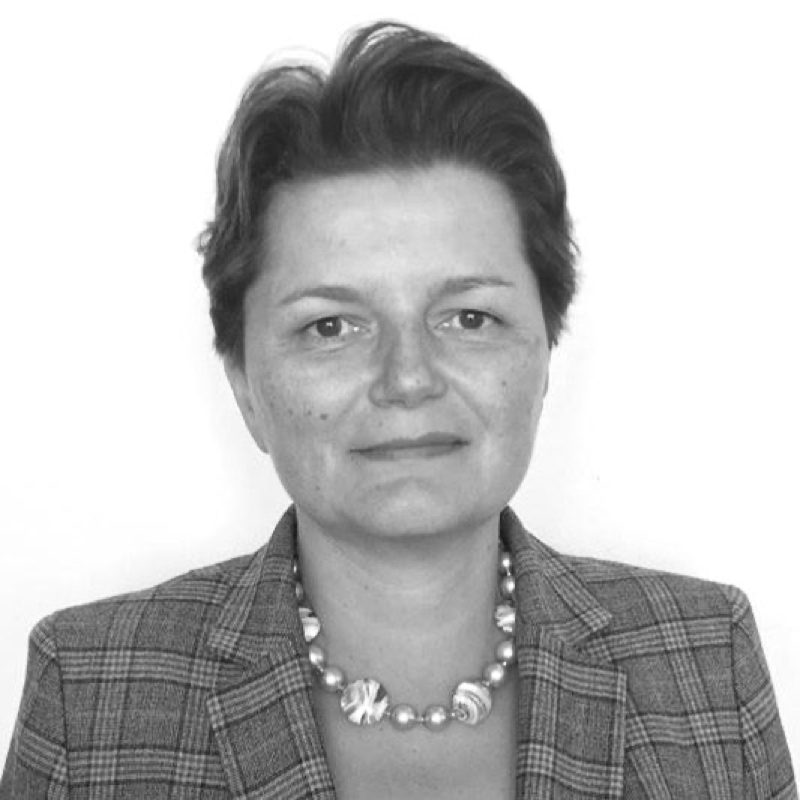
« Italy: the importance of creating trust »
After a few years, you go to Italy. What do you learn there?
In banking, the professional atmosphere in Italy is very masculine. When I arrived, there were practically only men. At the beginning, it was hard because I had to prove right away what I was capable of. But once done, it allowed me to develop more trust, authenticity and transparency with all my interlocutors.
In Italy, relying on this trust, I learned above all to convince management — and for that I also had to learn the language. Always in the interests of both the bank and my client, I understood that I had to convince without getting angry. And for that, I drew on the approach I had learned in the United States: I tried to fully understand the logic of my client’s business and to fit in with it.
« Singapore: teams with a thirst for knowledge »
Laurence, you then go to Singapore. What was the lesson?
In the multi-ethnic world of Singapore, I was first fascinated to discover that, from the first presentation, everyone simply announces their nationality and race.
Then, on a professional level, what struck me about Singaporeans was their rigor at work and their desire to learn that I have never found in any other country. My interlocutors not only wanted to learn how software works and how to implement it, but they also wanted to know the best business practices.
In this situation, it seems to me that the most important thing for an expatriate manager is to find the balance between what you can bring and what the teams are ready to hear.
For this, it is essential to put aside all arrogance and be humble to adapt, gain trust and always see what can be added. I think it is crucial to stay authentic to better understand the local teams, that is to say understand where people come from and what their journey has been. By understanding all this, it becomes possible to give them the best advice and learn from it.
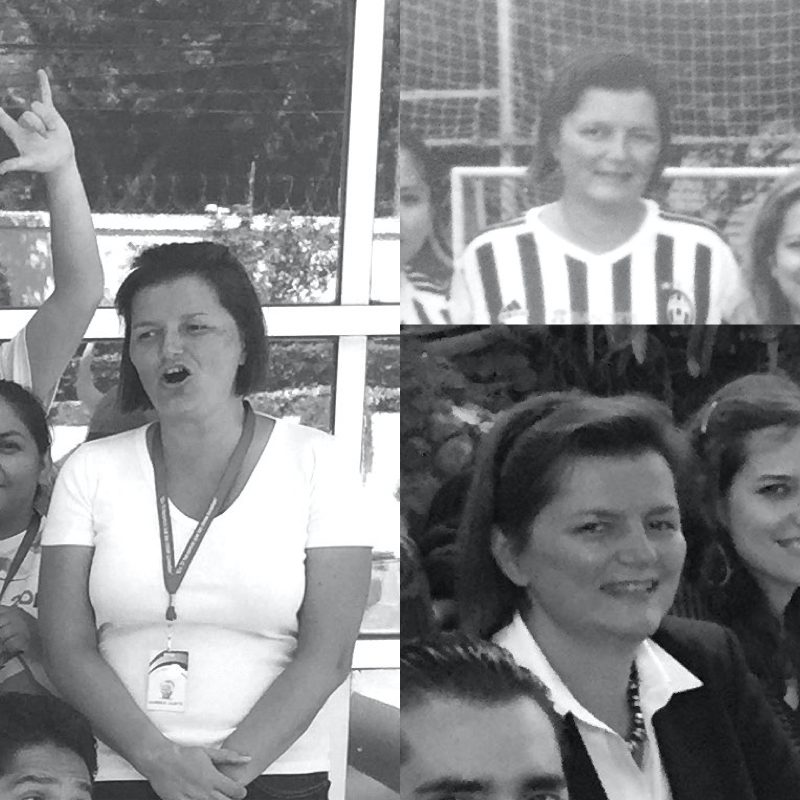
« In Mexico, it is difficult to recognize its mistakes »
Finally you go to Mexico. What did you learn there?
Mexico is definitely one of the most conducive countries for professional and personal development. Here, people are relatively professional, but they have a lot of values, which leaves experienced expats with great opportunities. Unlike Singapore, in Mexico it is possible to create strong relationships with everyone. In communication with others, there is real contact.
On a professional level, in Mexico, I was struck by the fact that decisions were made with the agreement of all the decision-makers and quickly. Here, acknowledging your own mistakes helps to gain credibility, because it is not very common. Once we gain the trust of management, we are given a lot of freedom and the possibility of proposing very innovative solutions.
At the same time, the Mexican management culture makes it difficult to get bottom-up feedback. Often local teams do not criticize or comment on their boss. This can go to the head of some expatriates who will feel like gods and lose touch with reality.
« International: learning while contributing »
In conclusion, what is an international professional life like?
A professional life abroad is above all the opportunity to learn while contributing, and to have a very rapid career development.
To young people today, I want to say: “don’t hesitate to set out to conquer this world: it is full of incredible welcoming networks! And remember, the more you talk to people from other countries, the better you know each other and the less you want to go to war.”
A look at an Executive Coaching session using the CO-CREATiVE Communication® method
Laurence, a word about our Executive Coaching session?
This coaching was very productive. It opened my eyes to my possibilities for improvement. You are a very active listener which allowed me to dissect my situation in order to progress and find solutions on my own. During Zoom coaching, I felt comfortable from the start: I did not see any difference between distance coaching as you practice it and traditional face-to-face coaching.
Interview by Antoine Leygonie-Fialko.


